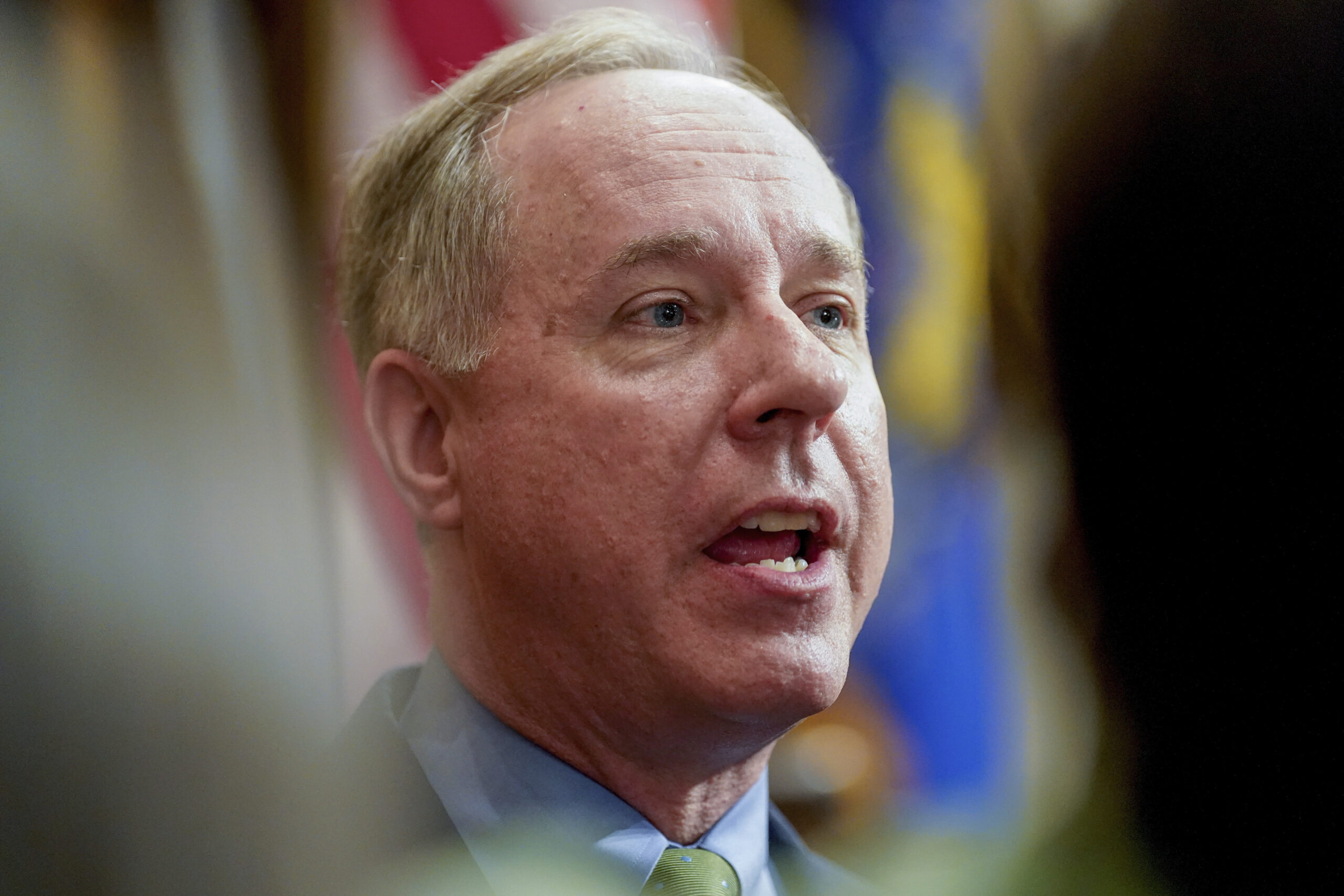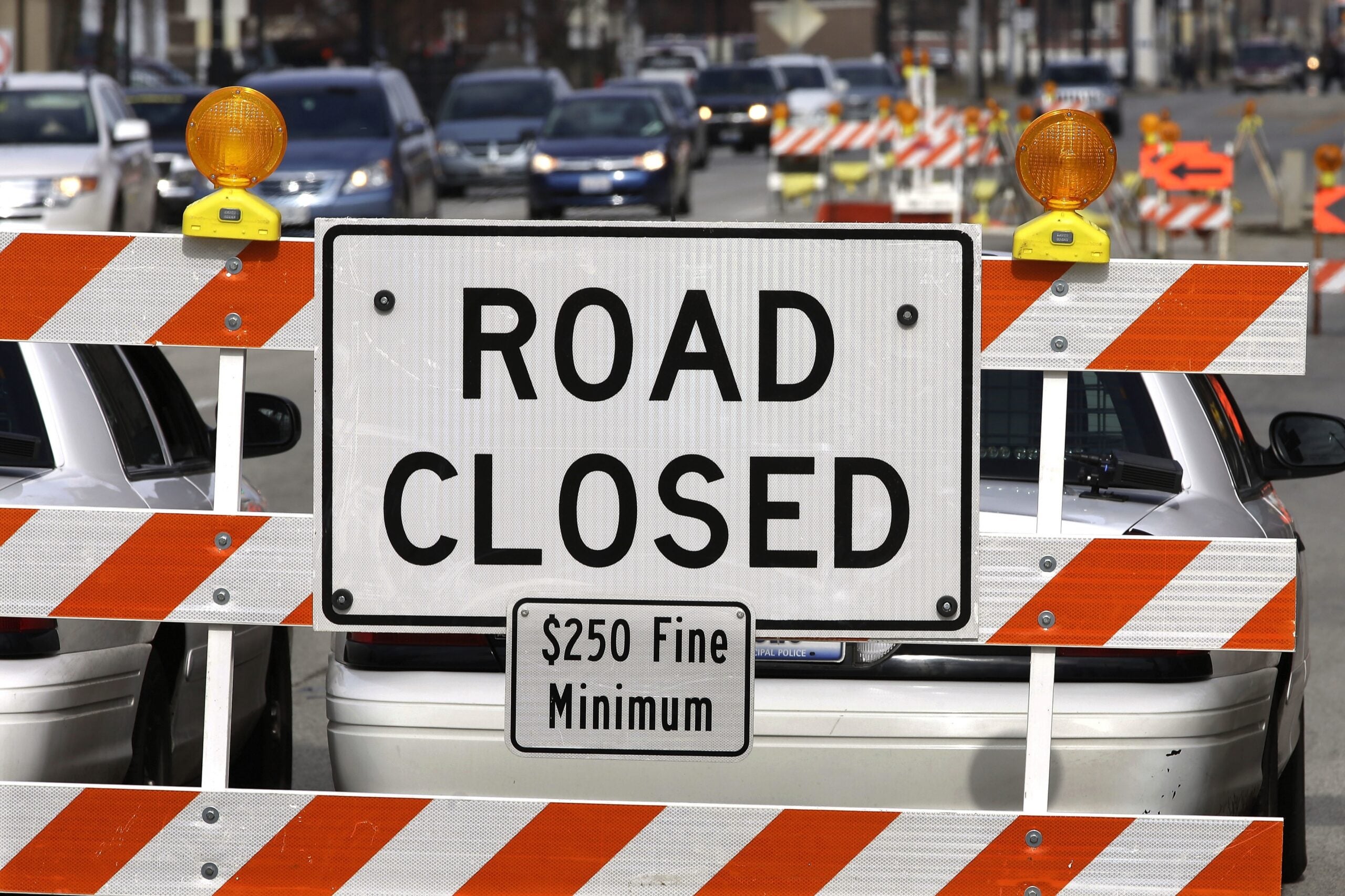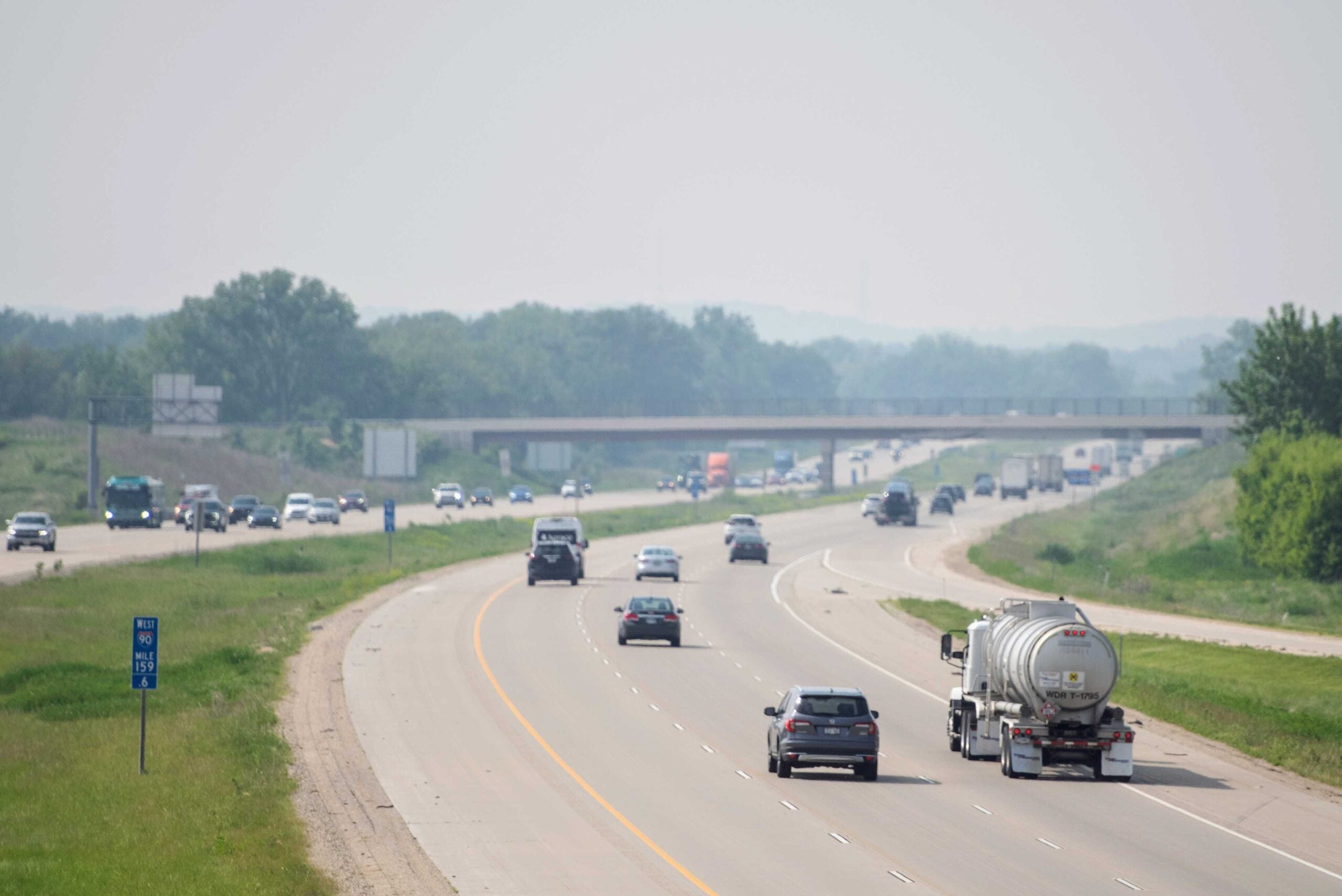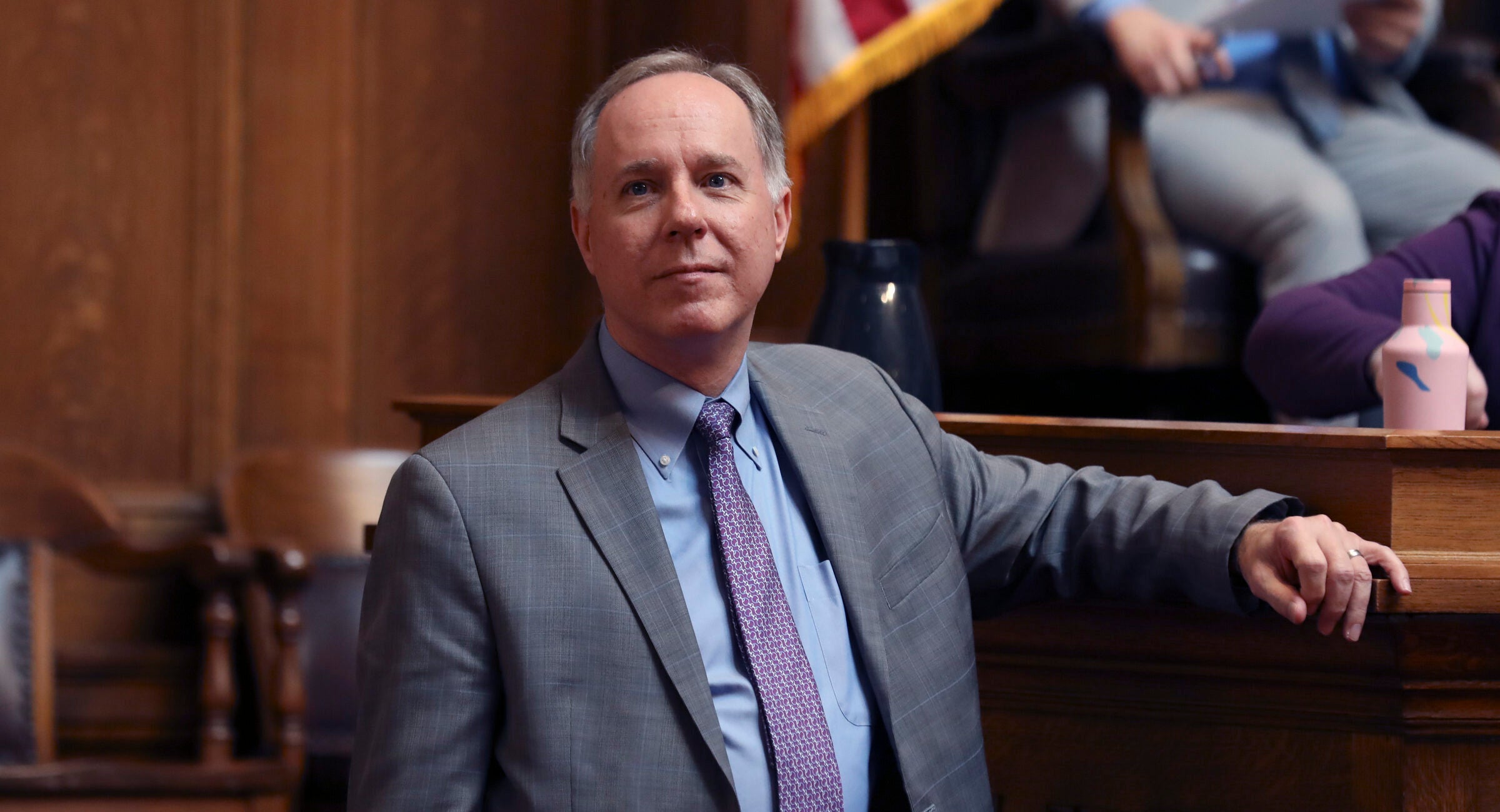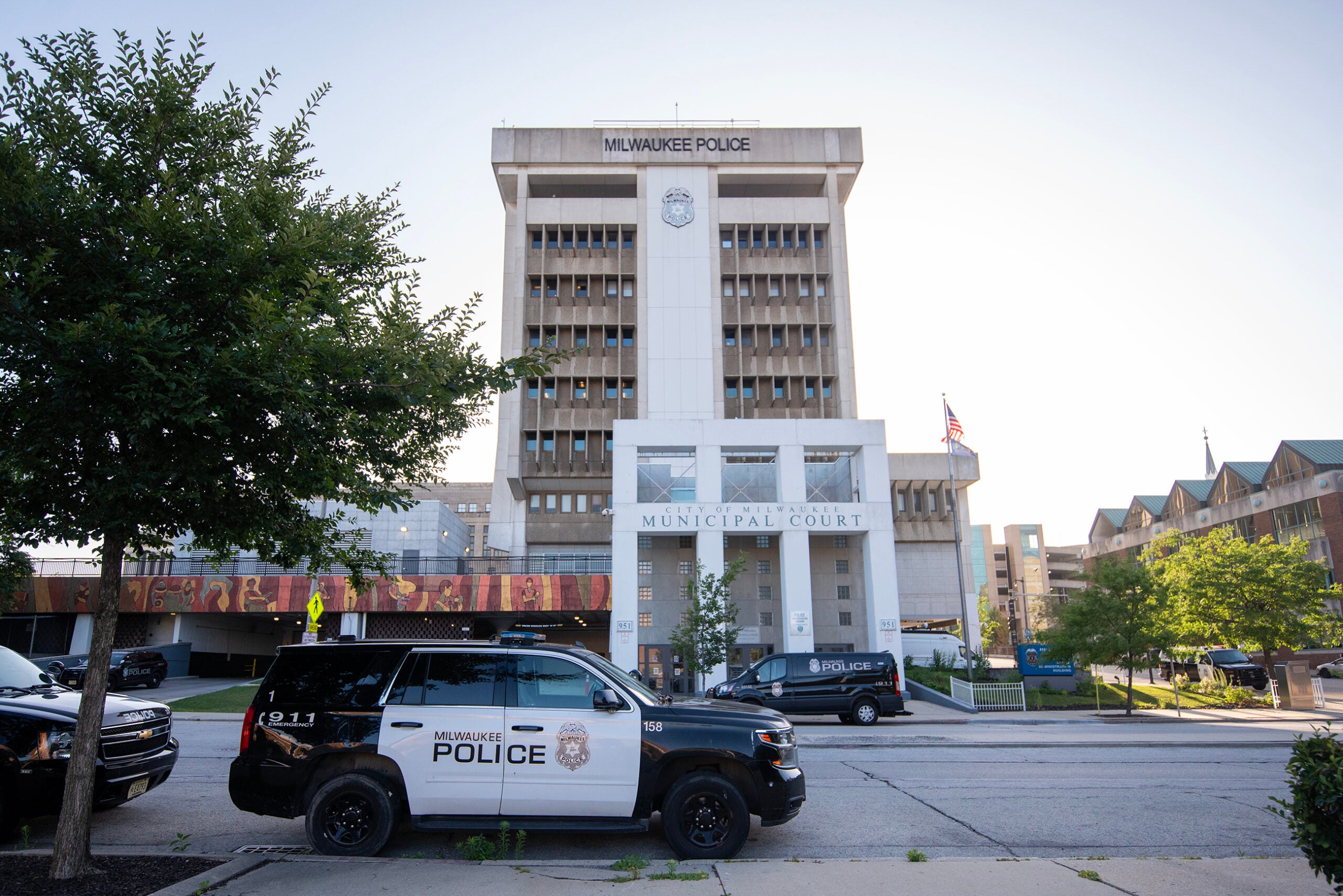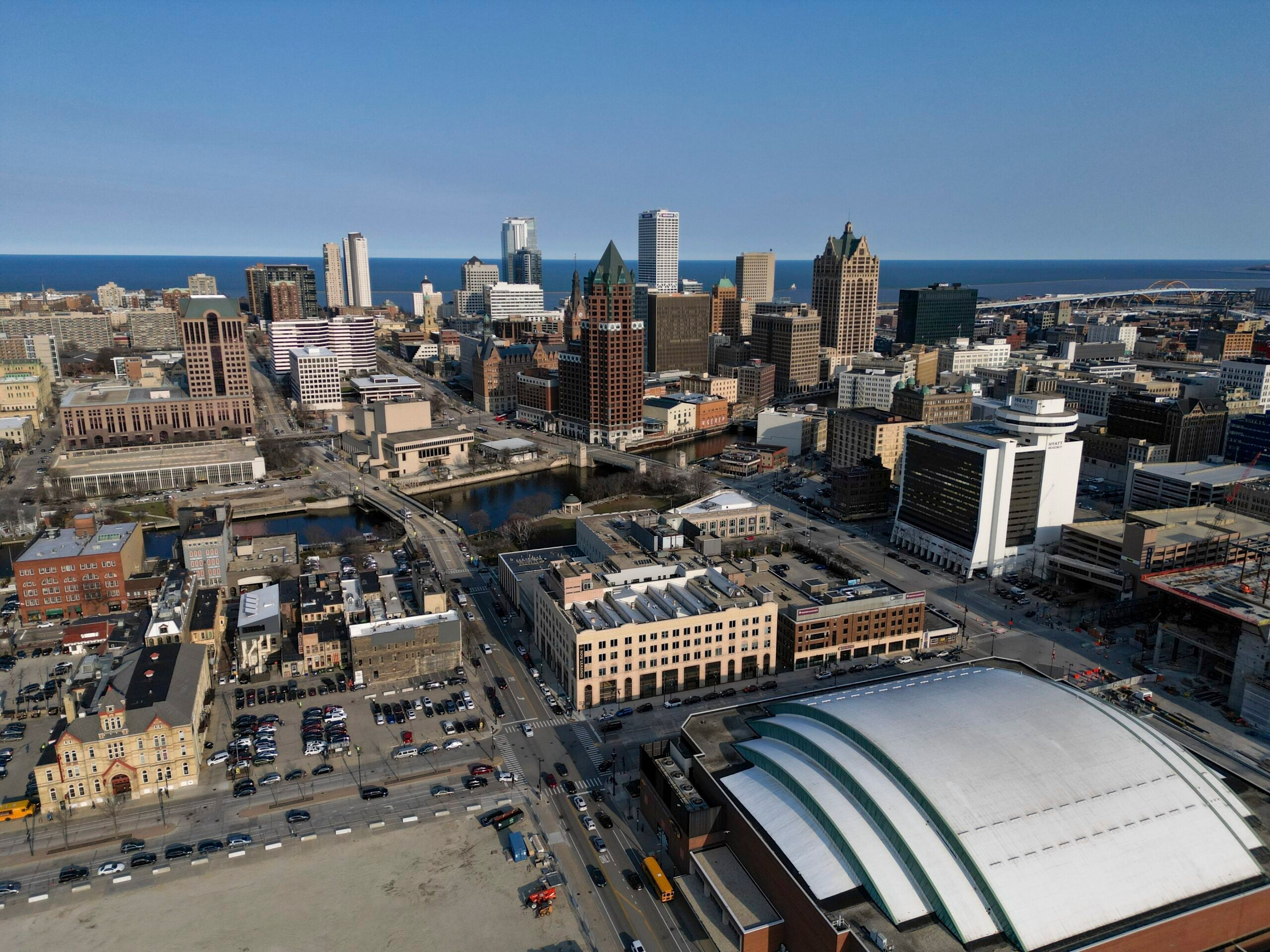Wisconsin Assembly Speaker Robin Vos is still pushing for Milwaukee to get approval from local voters before the city can adopt a 2 percent sales tax aimed at retiring pension debt, even after Gov. Tony Evers and the city’s mayor have voiced concerns on what would happen if such a referendum failed.
Speaking at a Milwaukee Press Club event Friday, Vos, R-Rochester, said he believes city leaders should have to convince voters why they want the tax.
“I still believe it should be a referendum,” Vos said. “I think that is the way that we do it all across Wisconsin if you want to raise taxes for your school district or fund police at a local level, at any other municipality, it’s done by referendum.”
News with a little more humanity
WPR’s “Wisconsin Today” newsletter keeps you connected to the state you love without feeling overwhelmed. No paywall. No agenda. No corporate filter.
The Milwaukee sales tax plan was included in legislation introduced this week to increase shared revenue, state funding for local governments across the Wisconsin. Milwaukee leaders have been pushing for the ability to impose a sales tax for years. The money would provide about $120 million each year to pay for the pension liability, which has been taking up an increasing share of the city’s budget and forcing cuts to services. A Wisconsin Policy Forum report found the city’s tax levy contribution to support its pension fund grew from $58 million in 2012 to nearly $130 million in 2022.
But the proposed legislation includes the stipulation that the tax be approved by local voters through a referendum. Local leaders, and some Republican legislators, worry that requirement would doom the plan.
Milwaukee Mayor Cavalier Johnson said city government should be able to make the decision on the tax. Following a public hearing on the proposal Thursday, Johnson said he believes hundreds of police officers and firefighters would have to be fired if the sales tax referendum fails, as the city faces an estimated budget gap of $156 million next year.
But Vos didn’t back down from his comments Friday.
“I think people want to have the easiest way to raise taxes possible. I don’t agree with that,” Vos said. “I think it should be a fairly cumbersome process. It should not be easy. You should go out and have to explain to people the reality of the situation.”
Sen. Mary Felzkowski, R-Irma, the lead author of the plan in the state Senate, said earlier this week that the referendum requirement is one of the remaining sticking points in negotiations. She said she’s concerned about the consequences for Milwaukee if the referendum were to fail.
In a statement released Thursday, Evers threatened to veto the Republican’s proposal if it wasn’t updated to include fewer restrictions for Milwaukee and more funding for local governments.
In response, Vos said he believed it was “bad form” for Evers to release that statement while lawmakers were still negotiating with the Governor. He had planned to meet with other lawmakers to discuss possible changes to the proposal.
“Before we even had the chance to do that, Gov. Evers issued a veto threat,” Vos said Friday.
A spokesperson for Evers did not respond to a request for comment Friday.
The shared revenue would mean some smaller Wisconsin communities would receive increases of several hundred percent, while the cash-strapped city of Milwaukee would see its state funding grow by 10 percent. But Milwaukee is the only community in the state where legislators are tying the cash to changes in policy, including requiring a two-thirds vote of the common council to approve spending for new programs.
Milwaukee’s Police and Fire Commission, the city’s civilian oversight commission of the departments, would also have less power under the proposed legislation. The changes also say the city can’t use the funds to expand Milwaukee’s streetcar and would require police officers to be posted in Milwaukee schools.
Vos said including school resource officers in the proposal to make sure that “everybody’s safe.”
“One of the easiest ways for us to have a safe community in the long run,” he said, “is to make sure that young people realize that they’re not allowed to create mayhem and all kinds of problems around the community.”
Wisconsin Public Radio, © Copyright 2025, Board of Regents of the University of Wisconsin System and Wisconsin Educational Communications Board.

